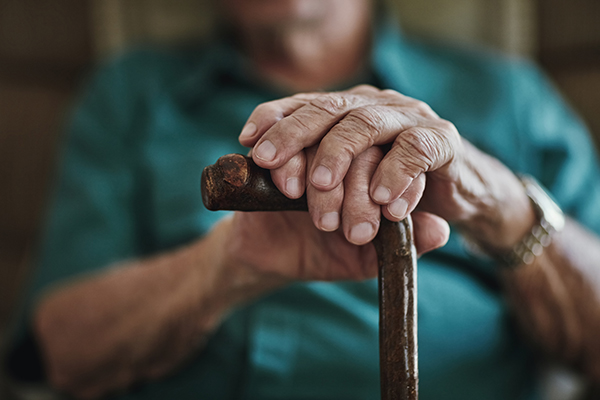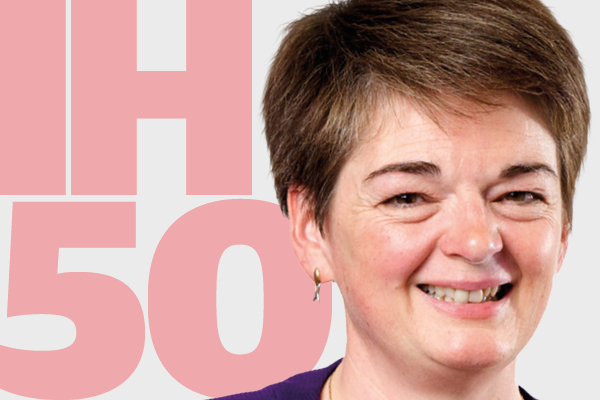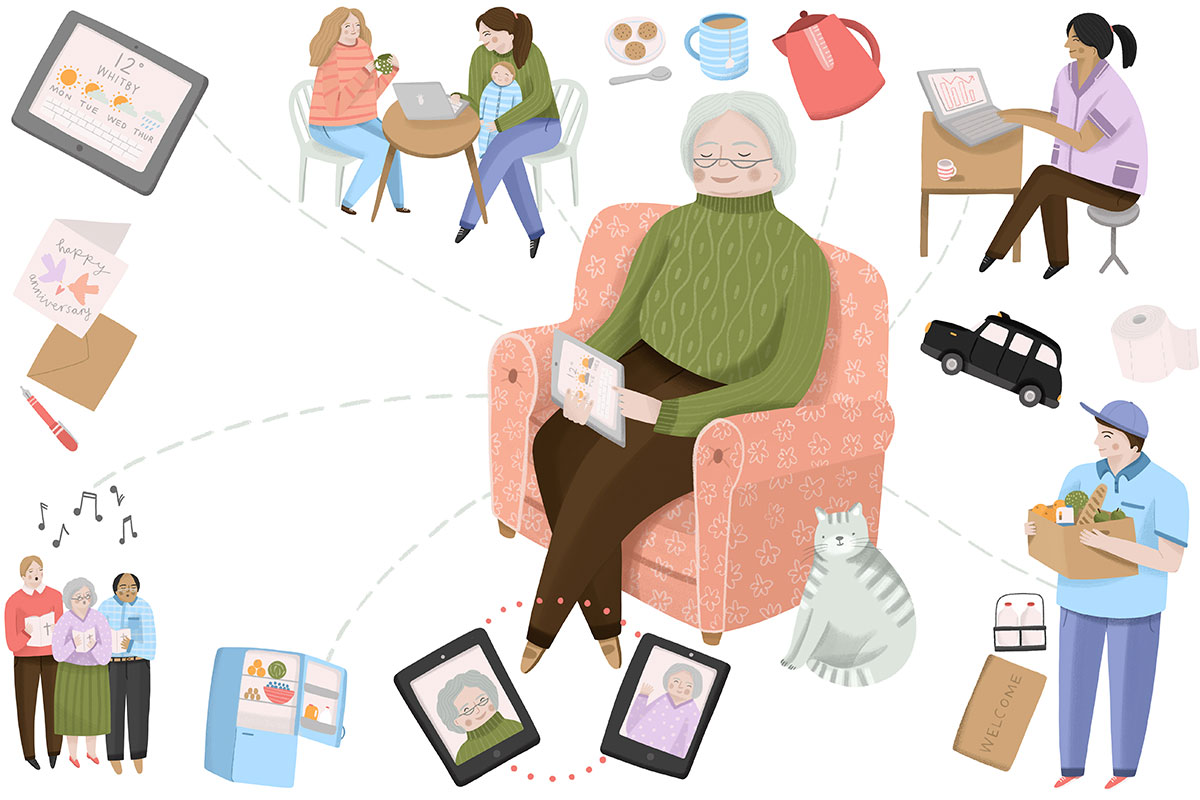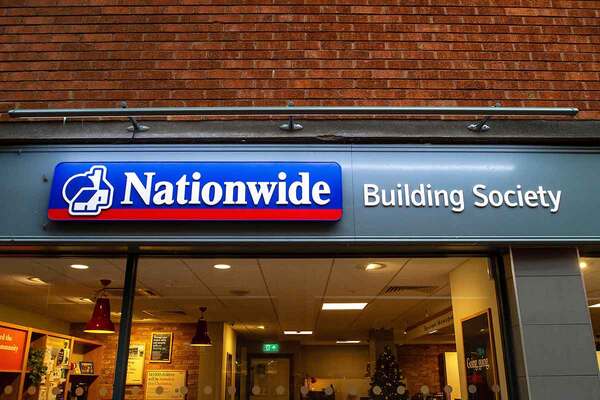You are viewing 1 of your 1 free articles
Scottish HA uses wearable technology to detect tenants at risk of falls
A Scottish housing association has become the first to offer tenants wearable technology that can predict the risk of them suffering falls by monitoring vital signs.
Loreburn Housing Association will roll out the technology to all tenants in its sheltered housing accommodation following the completion of a successful pilot.
Tenants of the 2,500-home landlord will wear devices featuring the Advanced Risk Modelling for Early Detection (ARMED) system, developed by care management technology company CM2000. These devises, which are similar to Fitbits, can detect early indicators of frailty such as: low grip strength, decreased muscle mass, dehydration or low heart rate.
Loreburn hopes that the system will help residents maintain independent lives in their own homes for longer.
Loreburn’s head of partnerships and new initiatives, Moira Charters, said the technology had “huge and exciting potential” to improve the wellbeing of the association’s tenants.
She added: “We are delighted to be the first Scottish housing association to make this commitment to the prevention of falls.
“Loreburn’s collaborative and partnership approach to working supports our strategic vision of creating great places to live, and allows us to support our customers to live independently and safely in their own homes for longer.
“Vitally, if ARMED can help our customers avoid unnecessary hospital admissions resulting from falls and the risk of delayed discharge, it will also save money for other parts of the integrated health and social care system in Dumfries and Galloway.”
Loreburn will roll out the technology with the support of the Nithsdale Health and Social Care locality.
John Bury, a resident at the association’s Nithsdale Mills sheltered housing scheme, said: “This new technology is providing us with something that we haven’t got but that’s desperately needed. My wife has dementia and this technology could help keep us living together for longer, and also give our family reassurance.”











